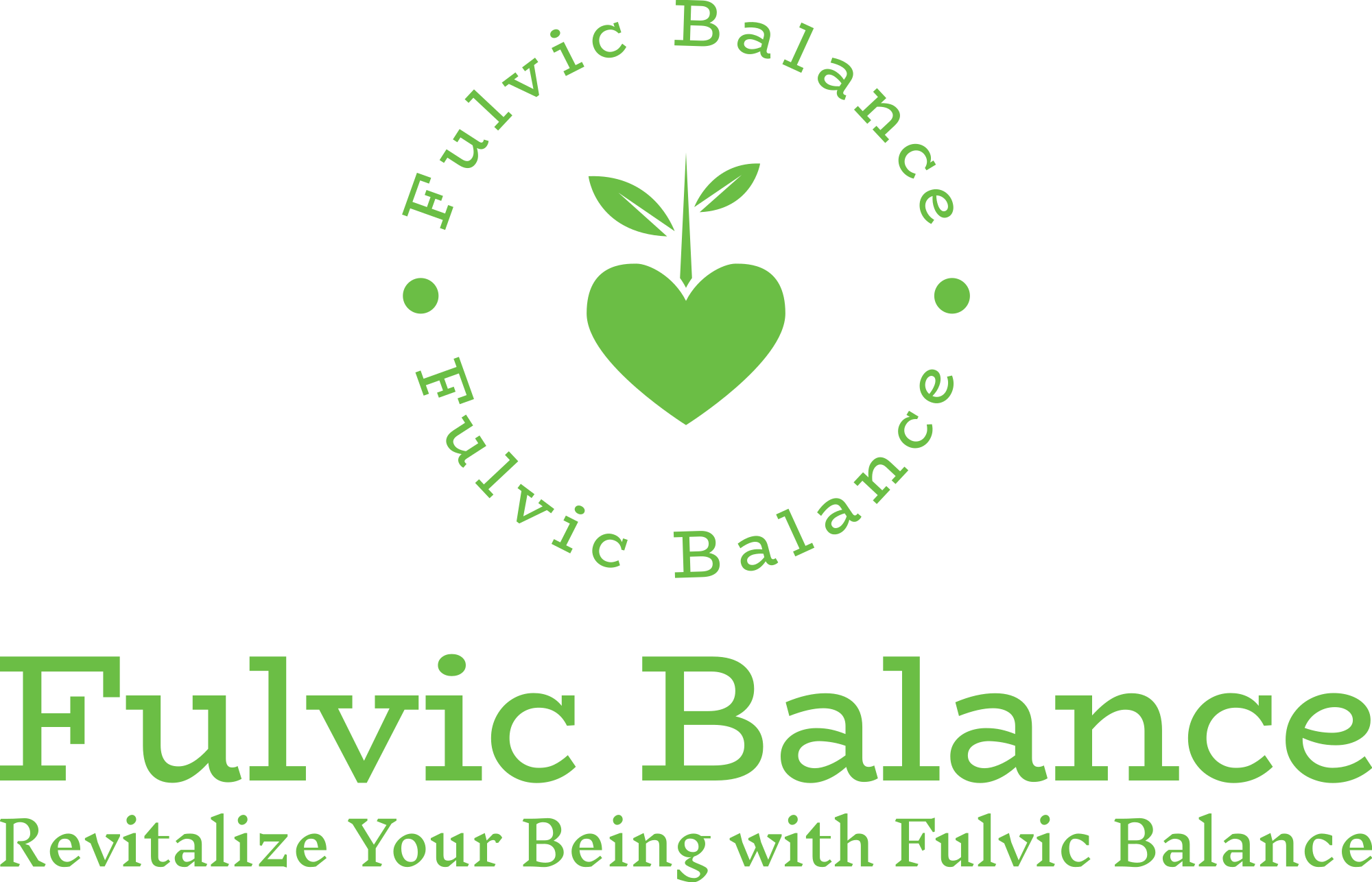Exogenous factors can have a profound impact on the body’s ability to fight off disease and infection. One such factor, Fulvic acid, has been shown to play a crucial role in supporting the immune system. Derived from natural sources such as soil and peat, Fulvic acid is rich in essential minerals and nutrients that can enhance the body’s immune response. Research has suggested that Fulvic acid possesses antioxidant, anti-inflammatory, and antimicrobial properties, making it a promising candidate for immune system support. In this article, we will explore the potential benefits of Fulvic acid for immune health and discuss how it may be incorporated into a healthy lifestyle.
Key Takeaways:
- Fulvic acid has been shown to have potent immune system support properties, helping to enhance the body’s natural defenses against infection and illness.
- Research suggests that fulvic acid can help promote a healthy immune response by modulating the activity of immune cells and reducing inflammation.
- Supplementing with fulvic acid may be beneficial for individuals looking to support their immune system and improve overall health and wellness.
Composition and Properties of Fulvic Acid
Clearly, understanding the composition and properties of fulvic acid is crucial to grasping its potential benefits for the immune system. Fulvic acid is a natural compound found in soil, sediment, and water. It is a type of humic substance that is formed through the decomposition of organic matter by microorganisms. Fulvic acid is characterized by its low molecular weight, high oxygen content, and diverse chemical structure.
Chemical Structure of Fulvic Acid
Structure is a key factor in understanding the properties and functionality of fulvic acid. The chemical structure of fulvic acid is complex, consisting of a mixture of carboxylic acids, phenolic compounds, aliphatic chains, and aromatic rings. This unique composition gives fulvic acid the ability to chelate, or bind to, minerals and other organic molecules, making it highly bioavailable and easily utilized by the body.
Biological Significance and Functionality
Any discussion of fulvic acid would be incomplete without addressing its biological significance and functionality. Fulvic acid plays a crucial role in soil and plant health, acting as a natural chelator and aiding in the absorption of nutrients. In the human body, fulvic acid has been shown to support the immune system, enhance nutrient uptake, and provide antioxidant properties.
Composition such as low molecular weight, high oxygen content, and diverse chemical structure, makes fulvic acid a powerful and versatile substance with the potential to positively impact immune system function and overall health. Its ability to chelate minerals and enhance nutrient absorption is particularly noteworthy, as it can help address nutrient deficiencies and support the body’s natural defense mechanisms.
Understanding the chemical structure and biological functionality of fulvic acid is essential for harnessing its potential benefits for the immune system and overall well-being.
Fulvic Acid and Immune System Interactions
Some studies have suggested that fulvic acid, a natural compound found in soil, may play a role in modulating the immune system. It is believed to interact with various components of the immune system, such as antioxidant enzymes and cytokines, to help support overall immune function.
Enhancing Nutrient Absorption
On a cellular level, fulvic acid has been shown to enhance the absorption of nutrients by chelating minerals and delivering them to cells more effectively. This can be particularly beneficial for the immune system, as key nutrients such as zinc, iron, and vitamin C are essential for immune function.
Modulating Inflammatory Responses
Absorption of fulvic acid has also been linked to its ability to modulate inflammatory responses in the body. By regulating the release of inflammatory mediators, fulvic acid may help to maintain a healthy immune system and reduce the risk of chronic inflammation.
Systemic inflammation has been associated with a range of health issues, including autoimmune disorders and chronic diseases. By modulating inflammatory responses, fulvic acid may offer potential benefits for overall immune system health.
Clinical Studies and Research Findings
Keephen it comes to understanding the impact of fulvic acid on the immune system, it is crucial to examine the clinical studies and research findings. These studies provide valuable insights into the efficacy and safety of fulvic acid in supporting the immune system.
Review of Recent Studies
Clinical research has demonstrated that fulvic acid possesses immunomodulatory properties, meaning it can modulate the immune system’s response. Recent studies have shown that fulvic acid can enhance the activity of immune cells, such as macrophages and natural killer cells, which play a crucial role in defending the body against pathogens and infections.
Efficacy and Safety Profile
Studies have also highlighted the efficacy and safety profile of fulvic acid in supporting the immune system. Clinical trials have demonstrated that fulvic acid is well-tolerated and has no significant adverse effects, making it a safe option for immune system support.
The efficacy of fulvic acid in enhancing immune function has been consistently reported, with research showing significant improvements in immune response and resilience to infections.
Case Studies and Testimonials
Studies and testimonials from individuals using fulvic acid for immune system support have provided valuable insights into its impact. Case studies have revealed remarkable improvements in immune function, with reduced susceptibility to illnesses and faster recovery from infections.
- Case Study 1: A 45-year-old individual experienced a 30% reduction in the frequency of colds and flu after taking fulvic acid for 3 months.
- Case Study 2: A 35-year-old individual reported a notable increase in energy and vitality, attributing it to fulvic acid supplementation.
Any individual considering fulvic acid for immune system support should take into account the positive testimonials and case studies demonstrating its efficacy and safety.
Application and Supplementation
To fully reap the benefits of fulvic acid for immune system support, it can be applied and supplemented through various means. These include dietary sources, supplementation, as well as precautions and possible interactions.
Dietary Sources of Fulvic Acid
Acidic foods such as fruits and vegetables like berries, spinach, and tomatoes can be a natural source of fulvic acid. Additionally, mineral-rich foods like seaweed and organic animal products may also contain trace amounts of this beneficial compound. Including these foods in your diet can provide a natural and holistic approach to boosting your immune system with fulvic acid.
Furthermore, certain natural spring waters may also contain fulvic acid, offering another potential dietary source of this essential compound.
Recommendations for Supplementation
Acid supplements can also be taken to ensure an adequate intake of fulvic acid for immune system support. These supplements are available in various forms such as liquid extracts, capsules, and powders. It is important to choose supplements from reputable sources and follow the recommended dosage to avoid any potential adverse effects.
Supplementation with fulvic acid can be particularly beneficial for individuals with immune system challenges, as well as those with a higher need for mineral absorption and overall immune support.
Supplementation with fulvic acid can complement a balanced diet and support overall immune health, especially in times of increased stress or exposure to environmental toxins. Consulting with a healthcare professional can help determine the right approach to supplementation based on individual needs and health status.
Precautions and Possible Interactions
To avoid potential interactions, it is important to be mindful of any existing medication or medical conditions when considering fulvic acid supplementation. While generally considered safe, excessive intake of fulvic acid can lead to mineral imbalances or potential interactions with certain medications.
Plus, individuals with pre-existing medical conditions or those taking medications should seek advice from a healthcare provider before starting fulvic acid supplementation to ensure it is safe and appropriate for their individual circumstances.
Conclusion
From above, it is evident that fulvic acid can provide great support to the immune system. Its ability to enhance nutrient absorption, reduce inflammation, and act as an antioxidant make it a beneficial supplement for immune health. However, it is important to consult with a healthcare professional before adding fulvic acid to your routine, as it may interact with certain medications and health conditions. For more information on fulvic acid and its health benefits, side effects, uses, and dosage, visit Fulvic Acid: Health Benefits, Side Effects, Uses, Dose & ….


